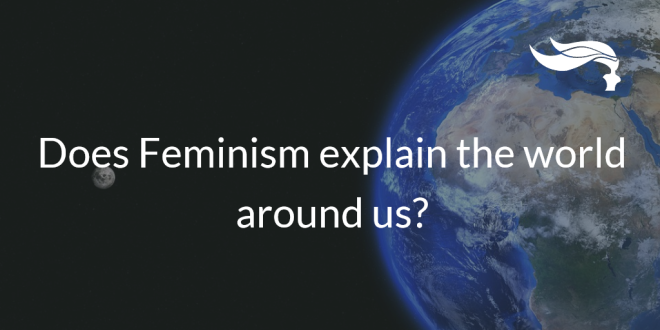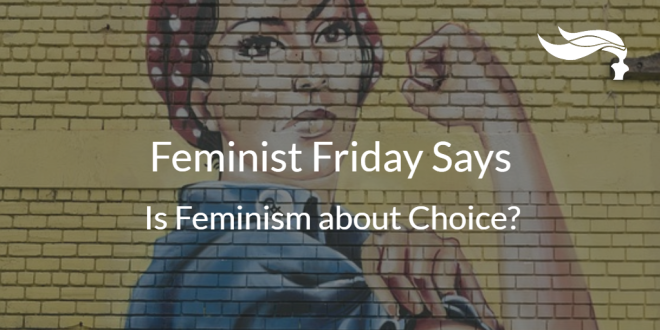Guess what? Women in Saudi Arabia are now legally allowed to drive. The law changed on June 24 and is seen as a triumph by many Saudi activists.
The move to change the law to allow women to drive began in 1990. You may have seen pictures on social media of police officers giving out flowers to female drivers and fathers giving their blessing. There was quite an event surrounding the lift of the driving ban for women.
When midnight hit, a group of women who had been granted licences started their engines. Some with fathers or brothers alongside, and others in new cars bought for the occasion. Several women shouted with delight. Others cried, and many more took videos of their first time at the wheel.
This legislative change is seen as the last remaining ban of its kind and for the activists who campaigned for this change, the fight was not without it’s challenges.
At least 3 out of 11 of the people linked to the Saudi women’s-rights movement were detained as part of a broader crackdown in May. Several women were targeted in a “smear campaign” on social media and state-linked media outlets, accusing them of being traitors to the state and collaborating with “foreign entities.”
I did a bit of research to try and see if this was the full story and interestingly, the media event that showed the support for the ban lifting, did not give the impression that the Crown Prince Mohammed Bin Salman is not so keen on free speech.
I was so excited when I saw that women in Saudi Arabia finally have the legal right to drive. In my eyes women driving shouldn’t be a big thing or a triumph. But I saw this shift as representing a change in attitudes and perspectives across different cultures, especially in a country and in a culture that is often perceived as oppressing women. I really felt like it was a win for the feminist movement. But my perspective was not shared by a lot of activists and writers.
The more I looked into this, the more I realised that while this is a win, the war continues. In Saudi Arabia, women are still not allowed to do the following:
- Make major decisions without male permission
- Wear clothes or make-up that ”show off their beauty“
- Interact with men
- Go for a swim in public
- Compete freely in sports
- Try on clothes when shopping
Source: The Week
While these 6 restrictions to the freedom women have, make it clear that equality is a fair way off, I think they also provide a lot of context. Let me break it down. A few days ago, the fact that women were unable to drive would have been on the list too. However, that is not longer a fight women in Saudi Arabia have to face.
The Crown Prince in Saudi Arabia is promoting himself as a reformer and wants to be seen as a progressive leader. I reckon that feminists and activists in Saudi Arabia and internationally can take advantage of this. Yes, the lack of free speech will be a barrier and I don’t make light of that. My point is that in the context of Saudi Arabia this is a win. For all women there but for the feminist movement at large which supports and promotes gender equality.
To use the war analogy – war is won not all in one go but it is won one battle at a time.


